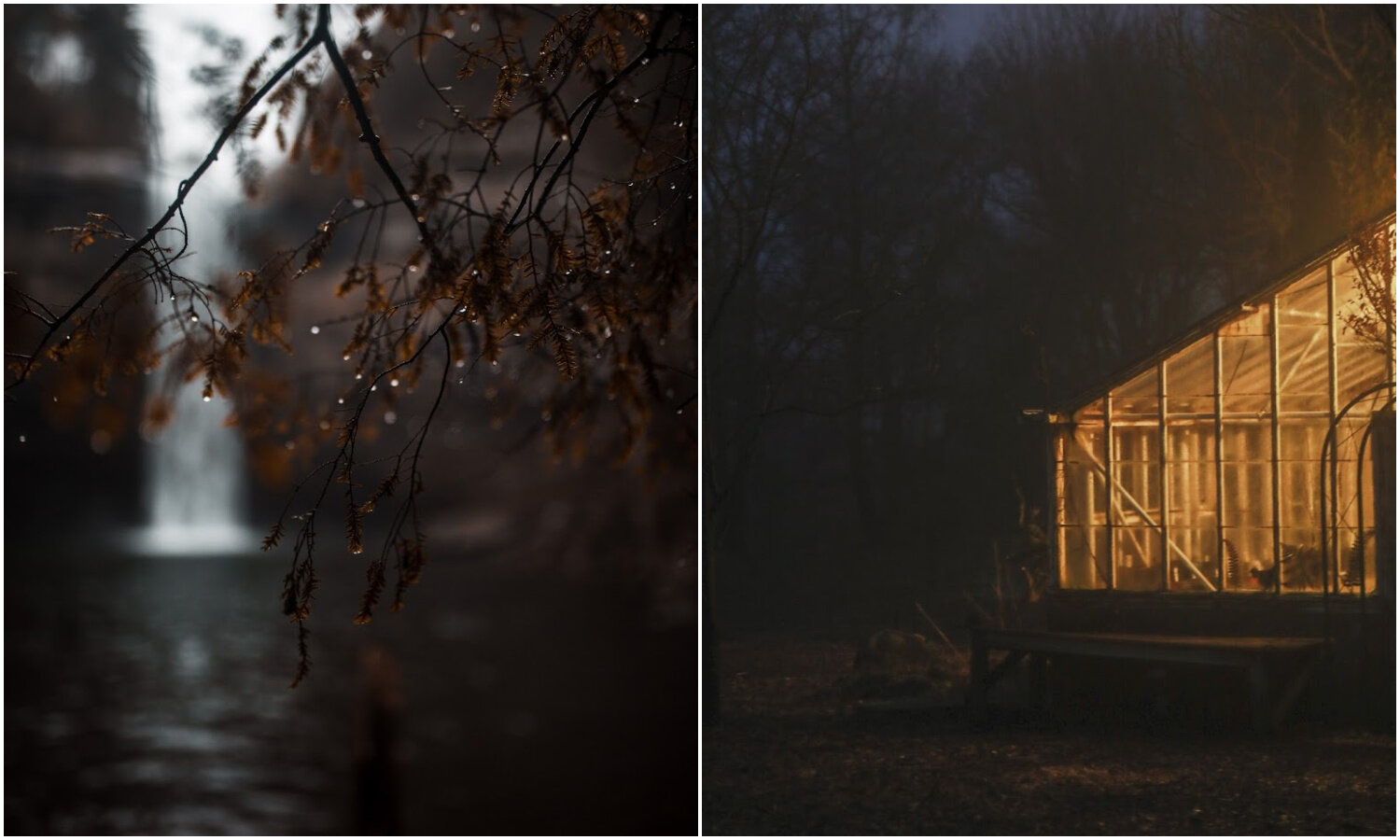Two years ago, when my father-in-law got in trouble with a knee replacement, we found ourselves making frequent trips to visit him. We had closed on this agricultural property by then but hadn’t yet made any concrete plans for the future. You can imagine how we suddenly paid very close attention to all the farms we passed en route through Iowa and Illinois. We wondered about furrows, and the uniform distance between them. We noticed flags on the sides of some Harvestores, but not others. We took note of fencing and pole barns. But mostly, we stared at the miles of farmland underwater.
Do you remember the plight of the midwestern farmer that spring? It was called the Great Flood of 2019. According to the USDA Farm Services Agency, over 19 million acres of crops went unplanted that season.
At one point, we passed a bright red farmhouse with a shiny green metal roof. The barn was clad the same way and together, they looked like children’s toys, a Fisher-Price version of the American pastoral. As we slowed to stare, I was startled by a man sitting on a motorized cart that idled alongside the highway. It was a flimsy little vehicle and something about his posture alarmed me. Was he about to deliberately drive into traffic because of all the standing rain in his field?
I spent the rest of the drive that day researching water problems in the Midwest: floods in 1844, 1851 (completely destroyed Des Moines, Iowa), 1903, 1927, 1993 (worst recorded), 2011, 2016, 2019. I learned that during the Great Expansion, many settlers purchased acreage sight unseen, and then upon arrival, discovered that their properties lay in non-arable sloughs. Drain tile, a common use in Europe, became the saving grace of farmers. One researcher estimated the amount of tile used in Iowa, Illinois, Michigan, Wisconsin, and Indiana was enough to circle the globe eight times. Clay tiles evolved to become cement, and eventually corrugated plastic. Of course, this being America, the enterprising souls who branched off from farming to manufacture tiles or invent specialized ditch diggers made fast fortunes.
It’s spring again. The yardstick-high snow has finally melted, and as my boots sink in the boggy pasture, I realize a change has occurred. Rain used to be something that battered my car windshield. Once or twice it seeped into my basement, ruining carpet. It ruined a couple of camping trips. For the most part, rain was part of something to be avoided.
Now I know rain is an event. It is worthy of intimate discussion every single night. It ushers in meaning. It makes and breaks, nourishes and wrecks. I can smell it before it arrives and when it does, I am as prepared as possible. In that way, rain is like a very important visitor. God knows how long it’ll stay, and whether it’ll be helpful or nightmarish but it’s coming.
For that farmer on the edge of the highway, I hold a new shard of understanding about his life. Did his outfit survive the flood? Was he forced to sell and drive a semi-truck for a living? If so, maybe he is relieved that rain is reduced to something battering his windshield. Maybe he’s glad to be done with rain.
Photos by Walter Ballesteros.



